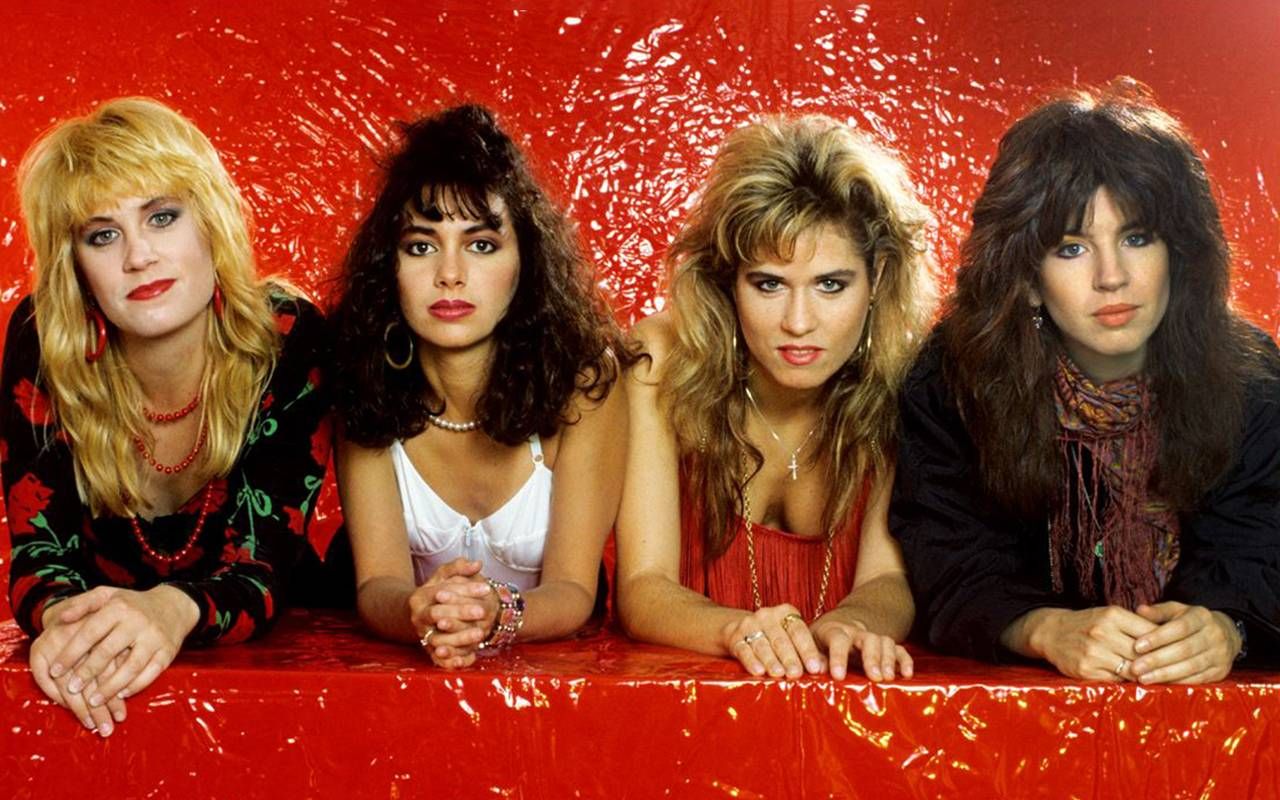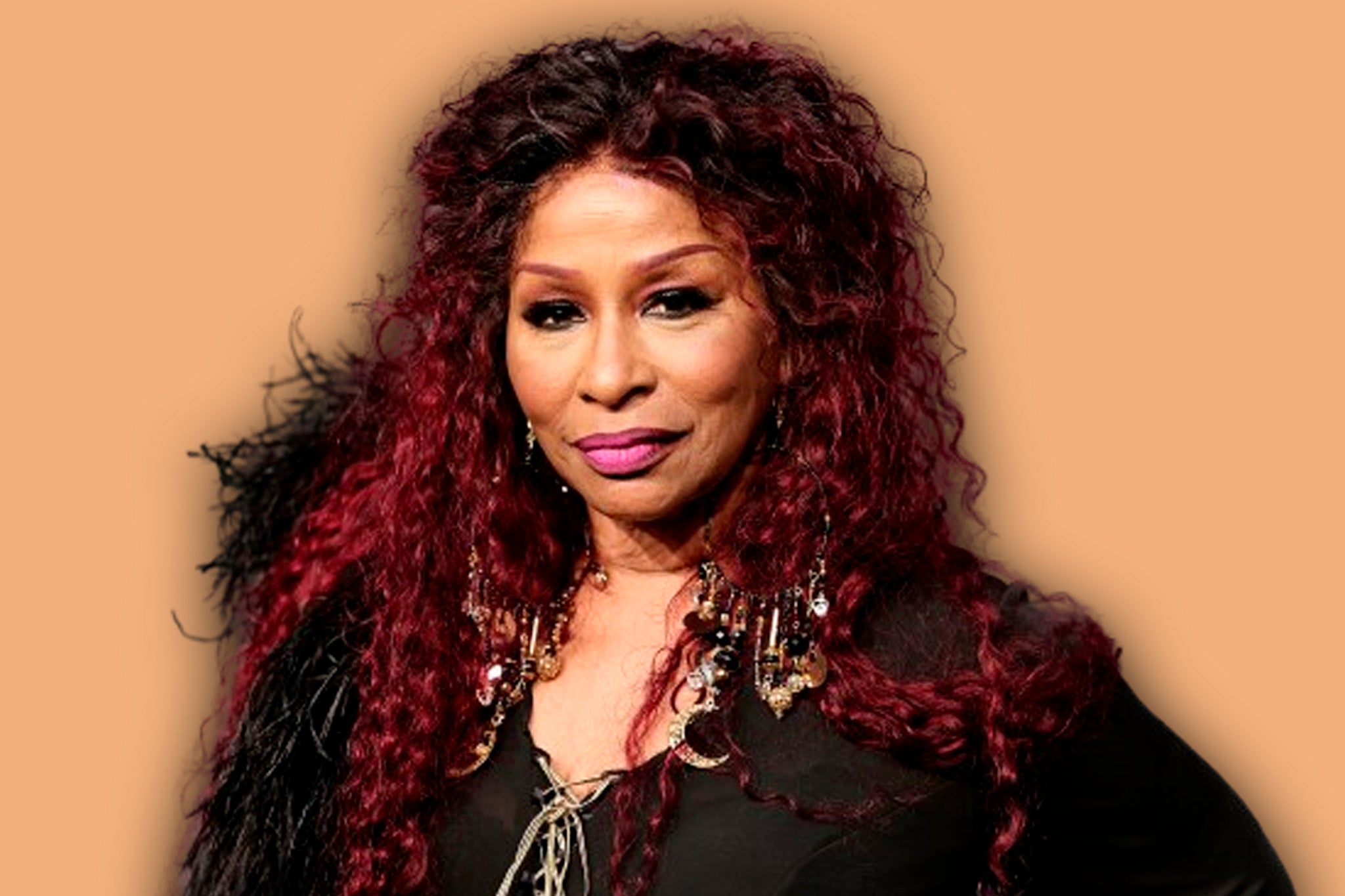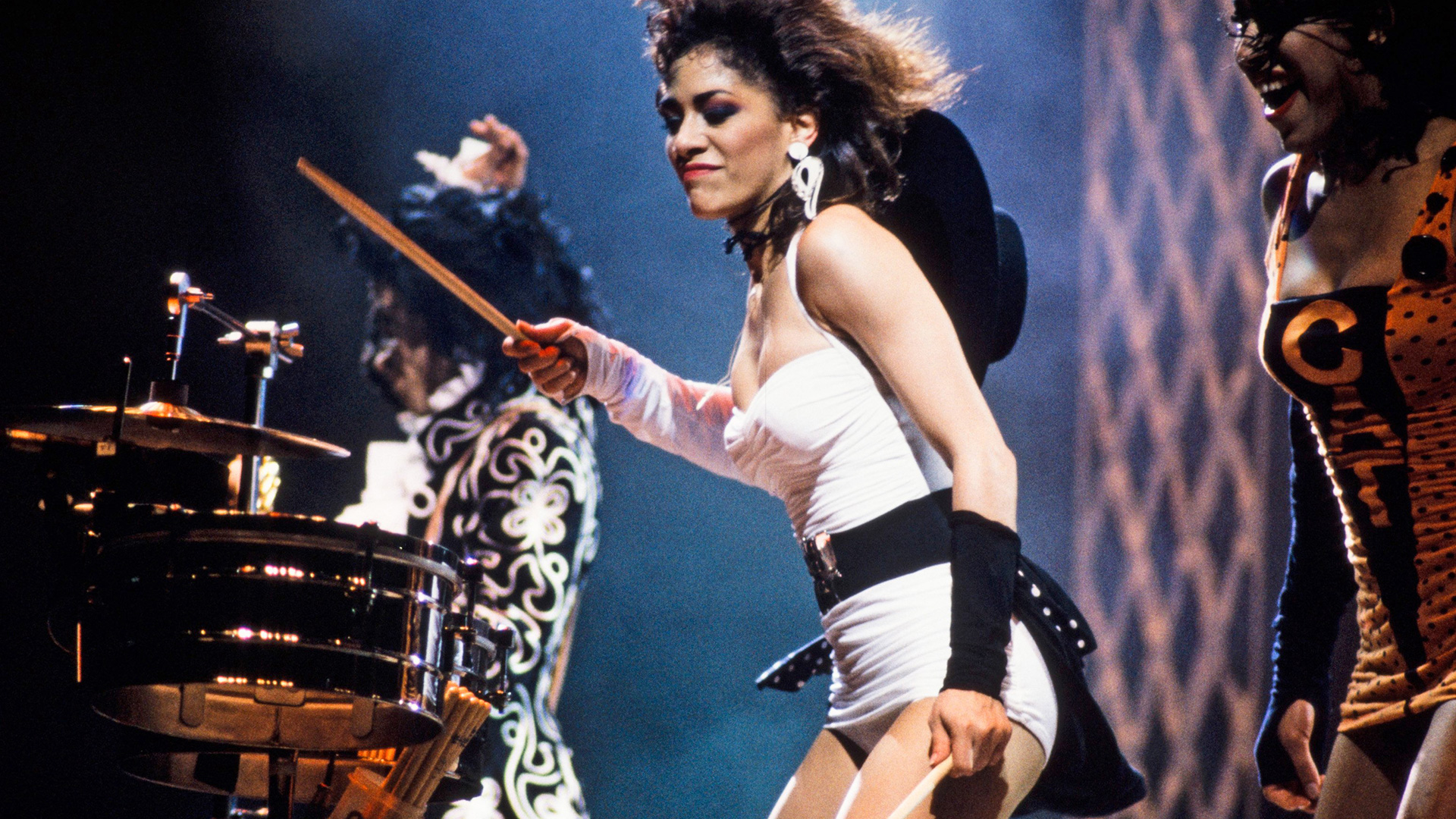
Prince Rogers Nelson, the enigmatic artist known simply as Prince, was far more than just a captivating performer and instrumentalist. He was a veritable whirlwind of creativity, a purple-minded genius whose artistic output knew no bounds. While his own discography boasts dozens of albums that reshaped the landscape of pop music, his influence stretched far beyond his personal releases, extending to countless other artists who found immense success with songs he penned.
Indeed, few pop artists over the past four decades were as universally beloved as Prince, and much of this adoration stemmed from his unparalleled ability to turn his “personal treatises on sexual persona, spiritual angst and social unrest into a universal art that spoke to millions, no matter their race, class, or gender.” This extraordinary talent wasn’t confined to his own voice; it manifested in songs that became massive pop hits for stars as disparate as Sinead O’Connor, Chaka Khan, and The Bangles. His exceptional songwriting skills left an indelible mark on the music industry.
This article embarks on an insightful journey, pulling back the curtain on some of the most iconic songs you might be surprised to learn were, in fact, crafted by Prince. It’s a testament to his versatility and the sheer breadth of his genius, demonstrating how his compositions transcended genres and transformed the careers of other performers. Get ready to discover the purple touch that helped define eras and launch legends.

1. **Nothing Compares 2 U** – Sinéad O’Connor (1990)Originally crafted for Prince’s side project, The Family, the song “Nothing Compares 2 U” lingered for five years without causing much of a ripple. However, its destiny was entirely rewritten when Sinéad O’Connor released her evocative, emotionally pummeling cover in 1990, transforming it into a monumental success and an international hit that resonated deeply with listeners worldwide.
O’Connor’s haunting voice and emotive delivery infused the track with a raw, introspective power, shifting the lyrics from a mere break-up ballad to a profound exploration of loss—a dedication she made to her mother, who passed away the same year the song was originally released. Prince himself, ever the artist, celebrated her interpretation, stating, “I love it, it’s great! I look for cosmic meaning in everything. I think we just took that song as far as we could, then someone else was supposed to come along and pick it up.” Her version remains one of the most memorable ballads of the Nineties, forever linked to Prince’s masterful songwriting and O’Connor’s captivating rendition.

2. **Manic Monday** – The Bangles (1986)After seeing an early Bangles show in Los Angeles, Prince, under the intriguing pseudonym “Christopher,” sent the band a tape with two original songs he wanted them to record. One of these was “Manic Monday,” a jangly, infectious diary of 9-to-5 office blues that he was able to accurately capture despite reportedly never having experienced such a routine himself. Released in 1986, this track propelled The Bangles to new heights of fame, becoming one of their biggest hits and a true staple of 80s pop music.
The song’s catchy melody and relatable lyrics about the “mundane struggles of a typical Monday” resonated universally, while The Bangles’ upbeat and harmonious vocals brought it vividly to life. Bangles singer Susanna Hoffs recalled the pressure of recording it, saying, “I remember going in and singing that song and being on the mike and it was kind of like red light fever. I knew it was a Prince song, and I wanted to do a great job on it.” Prince was reportedly “really thrilled with how it came out,” solidifying its place as a timeless classic that continues to energize listeners with its distinct charm and that classic Prince line: “Of all of my nights/Why did my lover have to pick last night to get down?”

3. **I Feel for You** – Chaka Khan (1984)Prince originally included “I Feel for You” on his 1979 self-titled album, reportedly penning it as a valentine to one of his crushes, jazz-funk queen Patrice Rushen. However, it was Chaka Khan’s 1984 version, produced by the legendary Arif Mardin, that truly skyrocketed to acclaim, turning the track into a Gold-certified “cataclysm of electro-funk, R&B and hip-hop.”
Khan’s rendition was a groundbreaking fusion, featuring the seductive voice of Melle Mel of “The Message” fame serenading Chaka, a harmonica riff from Stevie Wonder, and the loud, blaring synthesizer stabs typical of pop music of the era. Despite Khan initially not being “entirely comfortable with the colorfully gauche ‘I Feel For You,’” feeling it appealed “to a lot of the younger kids,” it became the biggest hit of her solo career, topping the R&B charts and earning her a 1985 Grammy for Best R&B Song. Prince, busy with *Purple Rain*, wasn’t able to appear on the track, yet his versatile songwriting shone through this dynamic, genre-bending masterpiece.

4. **The Glamorous Life** – Sheila E. (1984)This funk-laced track, a poignant tale of a woman who, despite having all the outward trappings of “happiness,” yearns for genuine romantic love, became the undeniable pop breakthrough for Sheila Escovedo, famously known as Sheila E. Prince not only wrote but also produced “The Glamorous Life,” ensuring its infectious rhythm and catchy hooks perfectly encapsulated the glitz and glamour of the 80s music scene.
Sheila E.’s vibrant performance and her incredible prowess on the drums added an electrifying edge that made the song an anthem for the era. The album version notably includes a delirious virtuosity in its coda, showcasing her drumming and a wild sax solo by jazzman Jarry Williams, which, though snipped from radio edits, became well-known among fans. Sheila E. revealed in her memoir, *The Beat Of My Own Drum*, that it was the “last song we worked on,” almost not making the album, and started as an instrumental before its “very percussive” and catchy, nursery rhyme-like melody emerged. Prince’s genius in crafting such pop-funk masterpieces was evident, solidifying Sheila E. as a major pop star.

5. **Sugar Walls** – Sheena Easton (1985)As quiet and shy as Sheena Easton described Prince to be upon their first meeting—recalled as just him in the studio, “no 12 bodyguards”—there was nothing modest about their first collaboration, “Sugar Walls.” Written by Prince under yet another pseudonym, “Alexander Nevermind,” this provocative track quickly became a significant hit, especially after its release in 1985.
The song’s suggestive themes and catchy synth-pop beat captured the curiosity of listeners, with its “viscerally erotic double entendres” such as Easton crooning, “Come spend the night inside my sugar walls,” over a dreamy alien funk backdrop. Its daring nature earned it a spot on Tipper Gore’s Parents’ Music Resource Council’s infamous “Filthy Fifteen” list, songs deemed too sexual. “Sugar Walls” undeniably pushed the boundaries of conventional pop, showcasing Prince’s talent for creating music that boldly challenged norms and captivated audiences, cementing its legacy as a provocative classic and a testament to his innovative approach to songwriting.

6. **How Come You Don’t Call Me Anymore** – Alicia Keys (2001)Originally issued by Prince in 1982 as the flipside to his iconic “1999” single, “How Come You Don’t Call Me Anymore” found a powerful new life nearly two decades later when Alicia Keys included it on her seven-times platinum debut album, *Songs in A Minor*, in 2001. While Stephanie Mills had recorded a version with distinct gospel tones in 1983, Keys’ rendition resonated deeply with a new generation, signaling a fresh embrace of Prince’s genius.
The 19-year-old prodigy’s soulful interpretation, characterized by a heartfelt delivery and a piano-driven arrangement, allowed her vocal prowess to shine through its stripped-down, emotional nature. Keys added her own contemporary touches, including a steady and pulsing bass line, and paid homage to her hero by humming and growling huskily, along with new lyrical details like, “I always thought you’d be by my side, poppa, and now you’re gone… and I’m not trying to hear that shit.” Her version proved the enduring quality and emotional depth of Prince’s timeless melody and poignant lyrics, earning her friendship with the legendary guitarist and the honor of inducting him into the Rock and Roll Hall of Fame in 2004, where she declared, “There are many kings… but there is only one Prince.”




